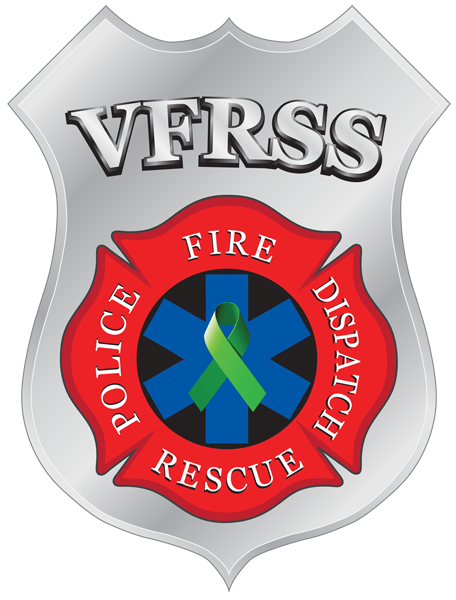We teach a variety of departments who are at different stages in developing a peer support team. Where is your department with supporting it’s members’ mental health needs? Take a peek at the different situations below and hopefully you can find some answers…
“My department doesn’t know I’m here, but I want to help my brothers/sisters”.
Great! And welcome! We teach a lot of people in your shoes. And you know what? You don’t need your department’s backing to learn about how to help those you work with. A lot of the teams we’ve helped build have started with one person who had a passion that turned into action. Most of the time first responders in this category still get A LOT out of our program. We also have a deputy chief on our Board of Directors that is more than willing to talk to any upper administrators about why peer support is important. So how can you move forward without the backing of your department?
Take our 2-Day Peer Support Training to learn how you can help others you work with on a daily basis with the right mindset. Learn how to identify when your team members are having a tough time and how to calm storms before they happen.
Suggest our 3-hour Mental Health Awareness class for your department. It’s not as much of a commitment for department heads who are not yet fully sold on the idea of a 2-day class.
Try building a support network of like-minded first responders at your department. Sometimes admin needs to know there’s a lot of people who’d be interested in a training before they are willing to host it.
“My department and other members have already bought in to this whole peer support idea and are just starting to develop our team.”
Yes! Great job getting buy in from your department! A lot of times that’s the biggest hurdle to jump when starting a peer support team. At this point there are always questions about budgets and who should be involved and the logistics of how peer support should work in the department. Guess what? We cover ALL of that information in our class. And we don’t expect you to use our model. We expect you to learn how we successfully run our team, how other departments successfully operate their teams, and then MAKE IT YOUR OWN! You know your department and it’s specific needs. Do what works! So how might you move forward with building your team?
Take our 2-Day Peer Support Training to have members of your department trained in how to provide peer support and the different team players you’ll need to operate a department wide program. At each class we have a copy of SOPs/GOs that have been vetted by multiple lawyers for you to have if you’d like to reference them when starting your own team.
Identify helpful resources in your area to start building a network of supports for your department members. Clinician’s, chaplains, retirees, and family supports should all be included in this list.
Officer involvement is very helpful and they require a little more knowledge on their role in peer support programs. If you have chiefs or deputy chiefs that would like to be on your team, but don’t know how they could help or if department members would even come to them for peer support let us know! We have trained multiple chiefs and deputy chiefs across the state of Virginia that could help navigate those waters.
“My department already has a peer support team up and running. Could you even help us?”
Sure can! Some departments with existing peer support teams are looking for additional training, which we are big advocates for. We’ve learned that each training program has it’s own structure and own information that is provided by instructors. We have been told that our class is very different from how other classes are taught because we focus on a preventative model that involves a shift in the daily mindset of department members. So what can we offer your department?
We would still encourage one member of your team to take our 2-Day Peer Support Training because what we offer is somewhat different than what other classes offer and might be beneficial to the maintenance of your team. Networking with other departments in your area and learning about available resources is always helpful as well.
Keep learning! Take other peer support classes or mental health trainings in your area that focus on helping your brothers and sisters in the first responder field!
Make your team inclusive! Reach out to other departments in your locality. Maybe your FD has a strong peer support team, but do you reach out to PD or dispatch after a tough call? Do you have a system in place that minimizes the impact of traumatic calls on them? Do you know them well enough to know when you should check-in?
Share your teams’ knowledge and support with others! Offer your team to surrounding localities. For example, if there’s an MCI, pediatric fatality, or other potentially traumatic call in your neighboring county reach out to the responding department to see if they need anything like a meal, shift coverage, or just someone to talk to.




